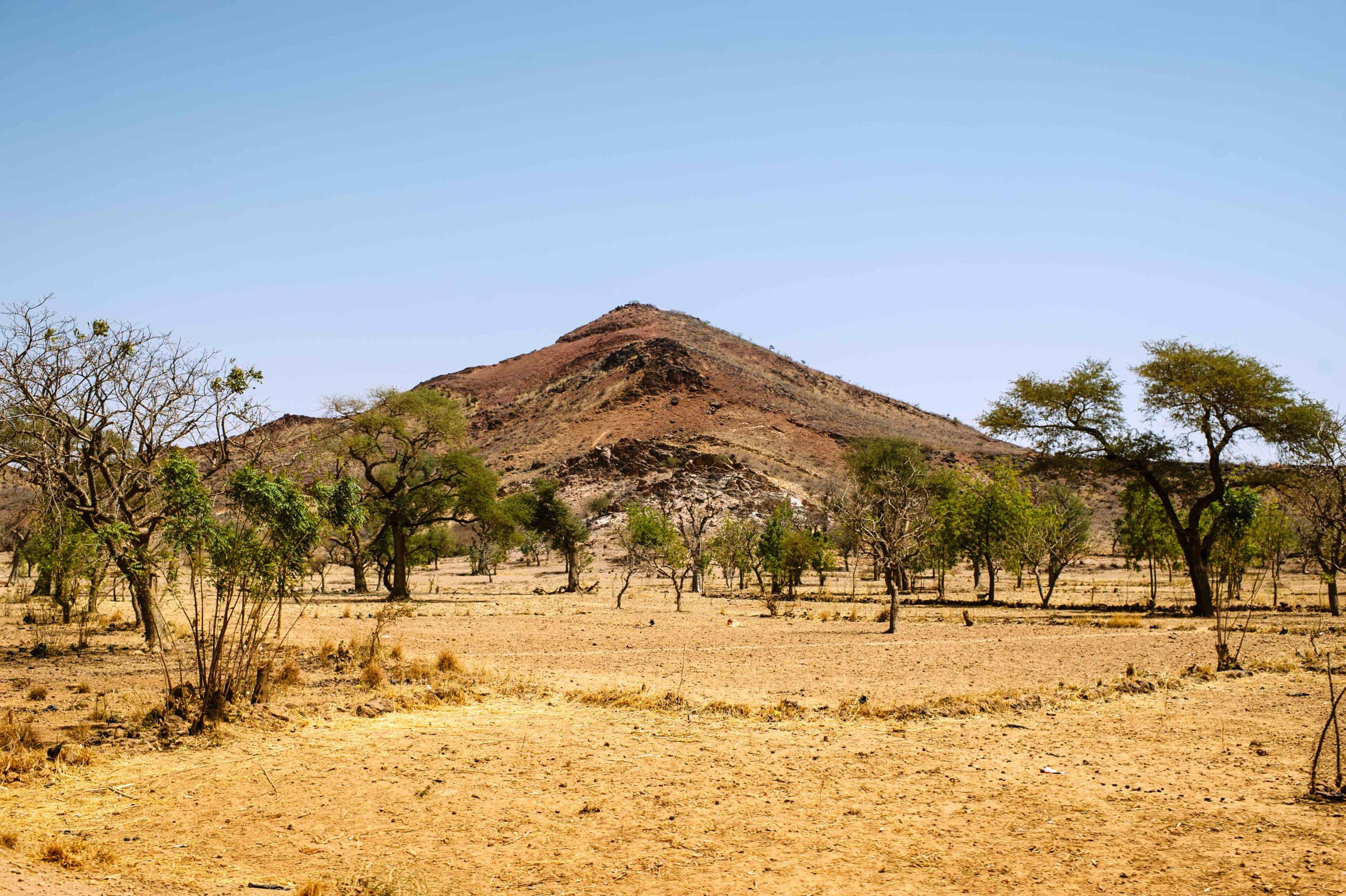Sankara’s Burkina Faso

In his short time in power, Burkina Faso’s revolutionary leader Thomas Sankara managed a series of urban and ecological projects that were decades ahead of their time.
Billboard
Skyscrapper
Halfpage
In his short time in power, Burkina Faso’s revolutionary leader Thomas Sankara managed a series of urban and ecological projects that were decades ahead of their time.
Thomas Sankara was leader of the West African nation of Burkina Faso from 1983 until he was assassinated in 1987 on the orders of his second-in-command and best friend Blaise Campoaré (with support from the conservative and pro-French government in Cote D’Ivoire). His death was nothing short of a tragedy, for both the Burkinabé people and the wider anti-imperialist struggle in the African continent, and what makes it even more tragic is that it cut short a remarkable series of urban and environmental policies that were decades ahead of their time.
One Village, One Grove
Perhaps the most memorable and far-reaching of these policies was Sankara’s tree planting programme. In a bid to prevent creeping desertification of the Sahel (the climactic transition zone between the Sahara Desert and the Sudanian Savannah), Sankara initiated the “One Village, One Grove” programme, which encouraged every town (starting with the capital Ouagadougou) to mark social occasions by planting trees, with the eventual aim being to produce a forest on the outskirts of the town. As well as leading to the planting of ten million trees in the four years that Sankara was in power, the policy also fostered a wider culture of grassroots tree planting that had long lasting effects on Burkina Faso’s landscape.
Sankara grounded this anti-desertification policy in a wider critique of neo-imperialist political and economic relationships. This he also linked to the many acute daily problems faced by ordinary Burkinabé at the time, whether it was hunger, thirst, ecological degradation and even things like gender inequality and illiteracy.
His answer was self-sufficiency. In a speech entitled “Who Are The Enemies Of The People?” delivered to a mass rally in Ouagadougou, Sankara told his audience “You are going to build in order to prove that you’re capable of transforming your existence and transforming the concrete conditions in which you live. You do not need us to go looking for foreign backers, you only need to give the people their freedom and their rights.”
As well as encouraging mass tree planting, this meant food sovereignty. One of Sankara’s first acts as President was to suppress the feudal-style land ownership regime, in which tribal chiefs could exact tribute payments and use forced labour. Much of the chiefs’ land was also redistributed amongst the peasantry. Along with a series of ambitious land irrigation programmes, this policy helped eradicate hunger in the country and even created a modest surplus.
Social housing programme
Sankara’s philosophy also called for self-sufficiency in other basic necessities. For instance, he promoted the textile industry in the wider region by encouraging Burkinabé and even his fellow government officials to adopt traditional African styles of dress. Meanwhile, he ordered the selling-off of the fleet of expensive government vehicles and replaced them with the cheapest possible alternative. He also made Burkina Faso the only African country to initiate a large social housing programme in the 1980s, and even declared the whole year of 1985 rent free.
Perhaps most importantly, however, his philosophy meant changing how the Burkinabé people conceived of themselves and their landscape. Burkina Faso was up until that point regarded as a source of cheap labour for the surrounding countries, particularly Cote D’Ivoire, and, prior to Sankara’s rule, the country was still called Upper Volta, a name which simply denoted the country’s position in the West African landscape from the perspective of the French colonizer. By changing the country’s name to Burkina Faso (which means “The Land of the Upright People” in the local Mossi language), Sankara reconceived the country’s essential narrative.
Medium Rectangle
Halfpage
Self-sufficiency not foreign aid
This brief revolutionary experiment prefigured contemporary debate around foreign aid, circular economies and climate breakdown by several decades. Sankara saw that his country, one of the poorest in the world, would only be able to improve its situation by both halting the extractive forces of the dominant global economic powers and initiating true political and economic sovereignty, protecting and promoting local industry and engendering mass participation in projects of national improvement.
As we in the West continue to look down on the region as ecologically impoverished and economically backward, we should take note of Sankara’s brief project, which offered the answer decades ago: self-sufficiency not foreign aid.












